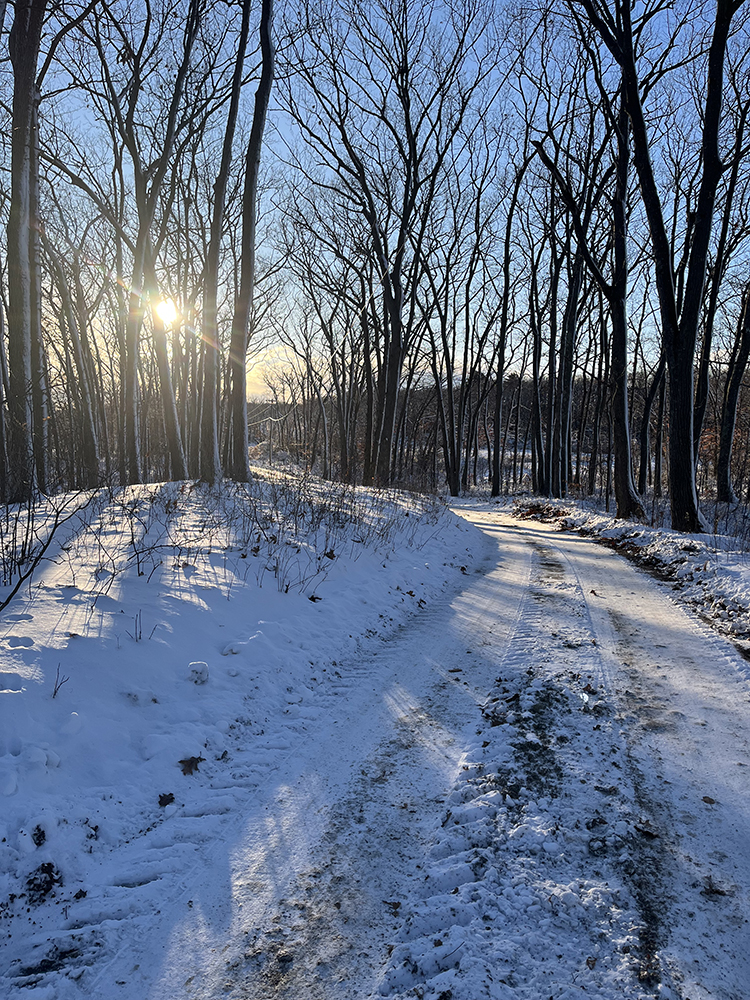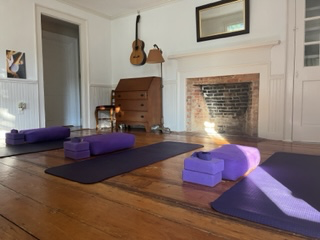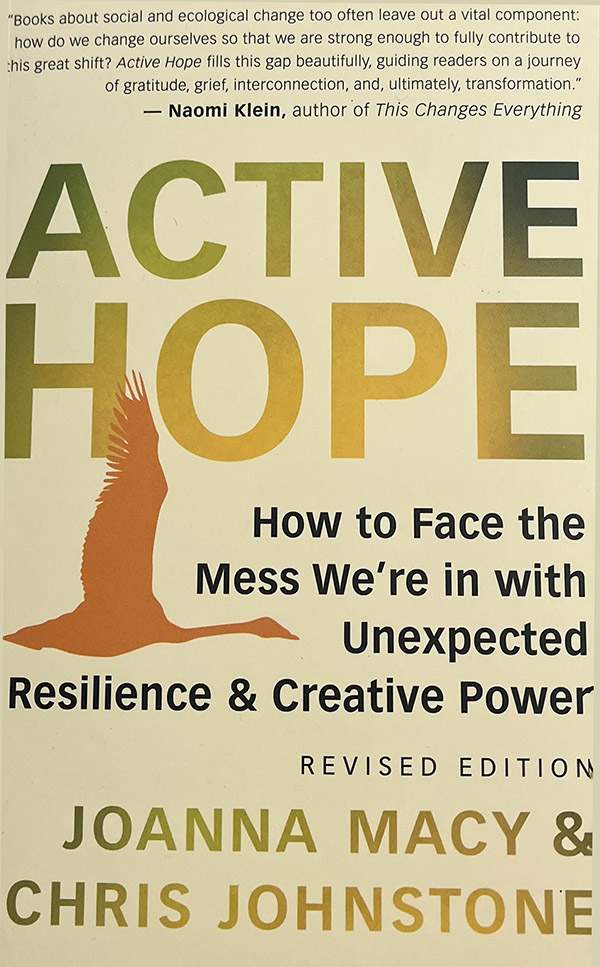

Trees in winter rest and so should you.
Welcoming What Is
The winter solstice arrives quietly, carrying the stillness of the longest night and the promise woven into it. It is a sacred pause in the turning of the year, when darkness reaches its fullest expression and then, almost imperceptibly, begins to give way to light. Across cultures and generations, this moment has been honored as a reminder that even in deep quiet and apparent dormancy, life is gathering itself. The solstice invites us to rest, to listen, and to trust the unseen movement toward renewal.
In this deep winter threshold, nature teaches us the wisdom of inward turning. Seeds lie beneath the soil, roots draw nourishment in silence, and the earth itself seems to breathe more slowly. We are invited to do the same—to soften our pace, release what no longer serves us, and tend gently to our inner landscape. The darkness is not something to fear, but a fertile space where reflection, healing, and clarity can emerge.
As the days begin to lengthen, the new year offers itself not as a demand for sudden change, but as an unfolding invitation. Beginning again does not require force or perfection; it asks only for intention and presence. Small, steady choices—made with kindness toward ourselves—become the light that grows day by day. This is a time to plant seeds of possibility, trusting that growth will come in its own season.
The winter solstice reminds us that every ending carries a beginning within it. From stillness, momentum is born; from darkness, illumination arises. As we step forward into the new year, we can carry this gentle knowing with us—honoring where we have been, standing fully in this moment, and welcoming what is ready to emerge, slowly and surely, into the light.
Namaste,
Chris
ANAHATA YOGA
with Chris Morton On ZOOM!
12 Week Summber Session
January 5-April 18, 2026
(3 weeks off TBA)
$18 drop-in
$144 once/week
$264 twice/week
MONDAY
8:00-9:15am
MONDAY/Chair Yoga
10:00-11:00am
WEDNESDAY
10:00-11:15am
SATURDAY
9:00-10:15am
There are two ways for me to receive payments for this yoga session or for drop in classes. My preferred way is for you to send me a check made out to Chris Morton to my home address, 8 Beck Street, Newburyport, MA 01950. You can also CLICK HERE to make a payment to my Paypal account.
If you are experiencing financial difficulty, please let me know and I will waive your payment.
I sign into all Zoom classes a half hour early to talk with students. Please feel free to get on early to say hi, to ask a question about a pose and/or if you want to find a modification to accommodate a physical limitation.
The expanded size of my studio on Zoom allows for larger classes. Thank you for spreading the word about Anahata Yoga on Zoom. Interested people can give me call or send an email.
Gift Certificates are available for classes, programs and private sessions.
Email Chris for details!

In Person Classes
Do you want to meet in person to discover ways to address an ongoing tightness in your body?
Would you like to experience anatomical cues and hands-on adjustments in a posture clinic?
Would you like to attend a small restorative yoga class?
Are you just wanting to get off Zoom and do yoga in person?
Zoom yoga classes will continue and I will be offering private and small group sessions (up to 4 participants) in my home.
Possibilities include:
• Yoga
• Meditation
• Yogassage
• Posture Clinic
• Yoga on the Ball
• Restorative Yoga Poses
• The Yoga of Eating
• Preparing or recovering from surgery
Cost: $100 for an hour yogassage, $25 per person for a group of 4, $50 for group of 2, and $75 for an hour private session
Private and small group classes will require protective measures such as vaccinations, masking, and possibly testing.
Please email or call if you have questions and/or would like to schedule a session.
Tuesday Meditation & Book Group
Tuesdays 8:00-9:00amVirtual sessions on ZOOM
$120 for 12 sessions

EMAIL CHRIS
cmortonyoga@comcast.net
PHONE
978-462-3626
MAILING ADDRESS
8 Beck Street
Newburyport, MA 01950
© 2026 ANAHATA YOGA